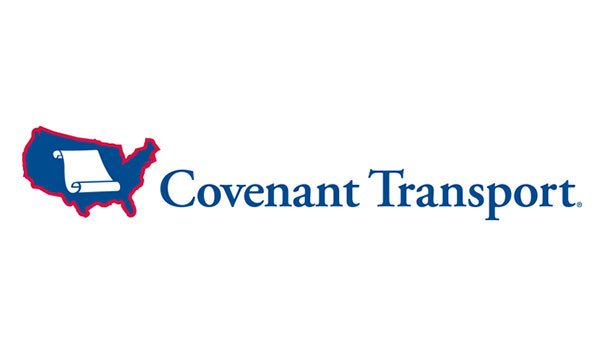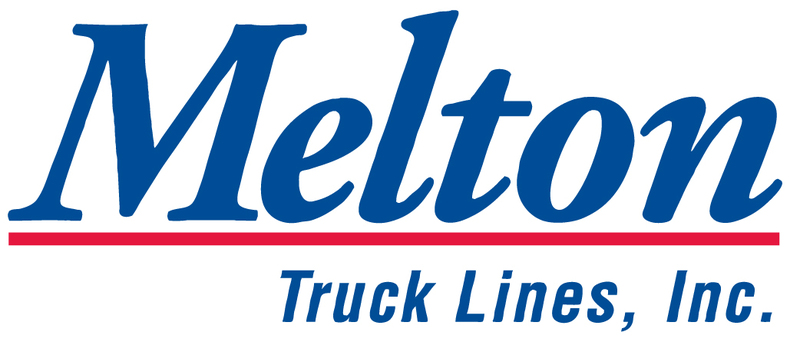In this series, I am going to try to answer some of the questions that have come across my desk. Hopefully, I can pass along some helpful knowledge to our readers.
Q:
We have a situation where a truck broker that we use has gone out of business. We feel sorry for the trucker. On shipments where we have not paid the broker as yet, the question has come up if it would be permissible to pay the trucker what he negotiated with the broker. Then also pay the broker for the difference between what we were originally charged to cover his commission.
I'm worried that if we do that, the broker or their bank could still come after us for the full price because the original contract (bill of lading) was with them. Would there be an appropriate document that could be created to relieve us from that risk?
A:
In the situations where you have not yet paid the defunct broker, you may pay the carrier directly, but you must be extremely careful to avoid having the broker (or its assignee or trustee, etc) come after you for the freight charges. I would not recommend that you pay the carrier unless you get a written authorization from the broker to pay the carrier directly or a "hold harmless" and indemnity agreement from the carrier. It would also be advisable to get a signed release from both parties.
Q:
We are a small motor carrier and carried a load a couple of months ago contracted through a broker. After delivery, I billed the broker for the amount agreed upon in the rate confirmation and submitted a signed and clear bill of lading. They, in turn, sent payment for the load.
I was informed a week ago that there was a claim on the load for damages. Now, they are withholding payment on another load. My questions are: 1) Can the broker withhold payment on the other load, and 2) Can the shipper file a claim for damages when there is a clear bill of lading?
A:
As to your first question, the broker cannot withhold payment of freight charges, which are due. The broker has no legal ownership interest in the shipment and is merely a middleman who arranges for transportation.
Regarding the claim for loss or damage, the fact that there was a clear delivery receipt does not preclude the shipper or consignee from filing a claim. It could be "concealed damage" which was discovered after delivery. The clear delivery receipt does place a greater burden on the claimant to prove that the loss or damage could not have occurred after delivery. Note also that the bill of lading requires the claimant to file a claim in writing with the carrier, with appropriate supporting documentation.
Q:
We have several questions: Is it okay if our brokerage says it will pay all claims (rather than the carrier) and is willing to sign an agreement to that effect? Can a broker assume liability for claims under a contract and what if the broker's insurance company refuses to pay?
Our agreement states that the broker is compensated by the carrier on freight bills paid by shipper to broker. The broker dislikes this language, but this was written to reduce the exposure resulting from having the broker act as an agent for the shipper. Can we do this? And lastly, where are the claims procedures that used to be at 49 CFR §1005 now located?
A:
I see no reason why a broker cannot assume liability for loss and damage claims as part of its contract with the shipper. Contractually assumed liability would probably not be covered by most "contingent cargo liability" policies. It would be necessary to review the broker's insurance policy to be able to give a definitive opinion.
It is common for the shipper to pay the broker, and the broker to pay the carrier, retaining its "commission" (profit) out of the check. When carriers are not paid by the broker, they often try to collect from the shipper, arguing that the broker acted as the agent of the shipper. Thus, shipper-broker contracts and broker-carrier contracts sometimes include language to the effect that the broker acts as the agent of the carrier for purposes of collecting freight charges.
The former ICC claim regulations are now found at 49 CFR Part 370 (under the FHWA Motor Carrier regulations) and 49 CFR Part 1005 now applies to rail transportation.
Q:
We are an exempt freight broker and have been getting stuck in the middle between our customers demanding that we pay freight claims and the carriers demanding that we pay the freight charges, even though there are damage claims on the shipment. What should we do?
A:
As a freight broker, you are legally considered an independent contractor. You are not a shipper and you are not a carrier. You should always make this clear to the people you deal with. In order to avoid these problems, you should enter into written agreements with both your shipper customers and the motor carriers that you use. Such a contract would make it clear that you are not liable for loss or damage, and that the shipper has primary liability for the freight charges (as well as other relevant provisions, which are agreed to in the contract).
Q:
Sometimes on a delivery, a shrink-wrapped pallet does not clear a bar code scanner. Should we have the drivers note this as an exception on the delivery receipt?
A:
Definitely, yes, as a precautionary measure. It would not be proper to report that pallet as a non-delivery; merely report the fact that it would not scan properly. If there is evidence of damage, shortage or breaking of the packages or shrink-wrap, it should be counted and noted. Never ever have your drivers take an exception like "one pallet damaged." Always breakdown the pallet and count the packages then put "one pallet containing 150 pieces of which one was broken." Now, as anyone can plainly see, the claim is going to be for one piece. By the way, the proper procedure is to place the freight on the dock where it can be counted and inspected. If there is the remote chance of damage, inspect it. Remember that it's not their freight until you have put the exception on the bill of lading and then they can sign for the freight.

















